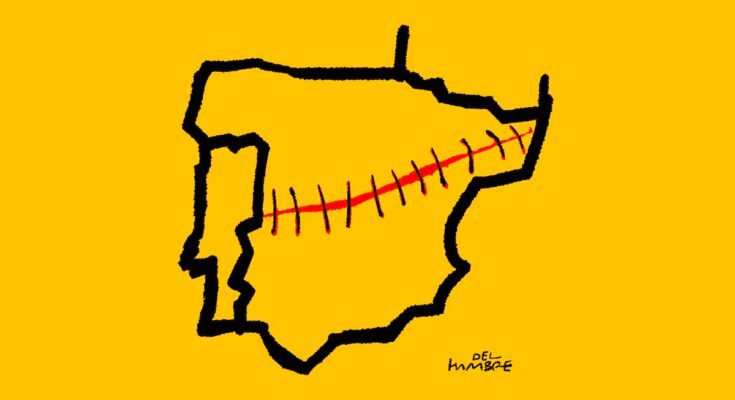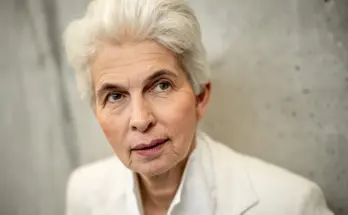The commemoration of Franco’s death showed a solipsistic celebration: the elites talk to themselves while large sectors of the country look on with indifference or rejection. The uncomfortable question we have put off for too long is whether it is possible to have a functioning democracy without a shared narrative about its origins. Can we build the future without a common past? Javier Cercas said it: “I don’t know what the hell we’re celebrating.” Because it is true that we need an adult dialogue about what it means to be democratic in a country where we no longer even agree with what we defend when we say we defend democracy. Today we can write about the “chiaroscuro” of 1977-1981, rejecting both the “pink version” (exemplary seamless transition) and the “black version” (fraudulent pact of the elites), and we do so in a nuanced, complex and serious way. However, analyzes like this remain suspended in the air, since they presuppose that there is consensus on the basic facts and that we all know what Francoism was. Cercas assumes that Franco was “sinister and bloodthirsty,” but Paul Preston warned in this newspaper that this is not so obvious to many Spaniards. Significant sectors of the population today believe that Franco “wasn’t that bad”, that he “brought economic development”, that the repression was “exaggerated” and that “there were excesses on both sides”. Cercas is an exercise in sophisticated historical fiction, but it avoids the hard political work: establishing what is non-negotiable.
Before judging the transition, we must define the truths about Francoism. And Spain didn’t do it. This is why the debate on the transition becomes ghostly, because it has no basis. We may have sophisticated narratives about it, but we have not elaborated Francoism narratively: we jumped to the second plan without building the first. For example, that the Holocaust existed is a non-negotiable truth, but understanding its political significance is only possible after establishing that shared truth. And what are those non-negotiable truths in our country? Historians exhaustively document the crimes of the Franco regime: the 1936 coup, the civil war, 40 years of dictatorship with systematic repression, torture, executions, concentration camps, tens of thousands of people disappeared in mass graves. The archives are full, the monographs powerful, the data indisputable. The problem is that historiographical truth has never become shared political truth.
When Franco died, we began a democratic transition culminating in the 1977 amnesty, which was different from other transitional justice processes: there was no truth commission, no official elimination of responsibility, nor a public testimony process. The amnesty was a transaction between political elites who decided to “turn the page” without reading it first. The result is that basic facts about the Franco regime continue to be socially contested. The debate was falsely closed after a fatal conceptual error: we confused political pluralism with factual relativism. We thought that respecting all the sensitivities of the transition required not establishing categorical truths about Francoism. But democracy does not require relativizing the facts but rather establishing them as a common basis, precisely so that political debate is possible. Fifty years later, that lesson is still waiting.


